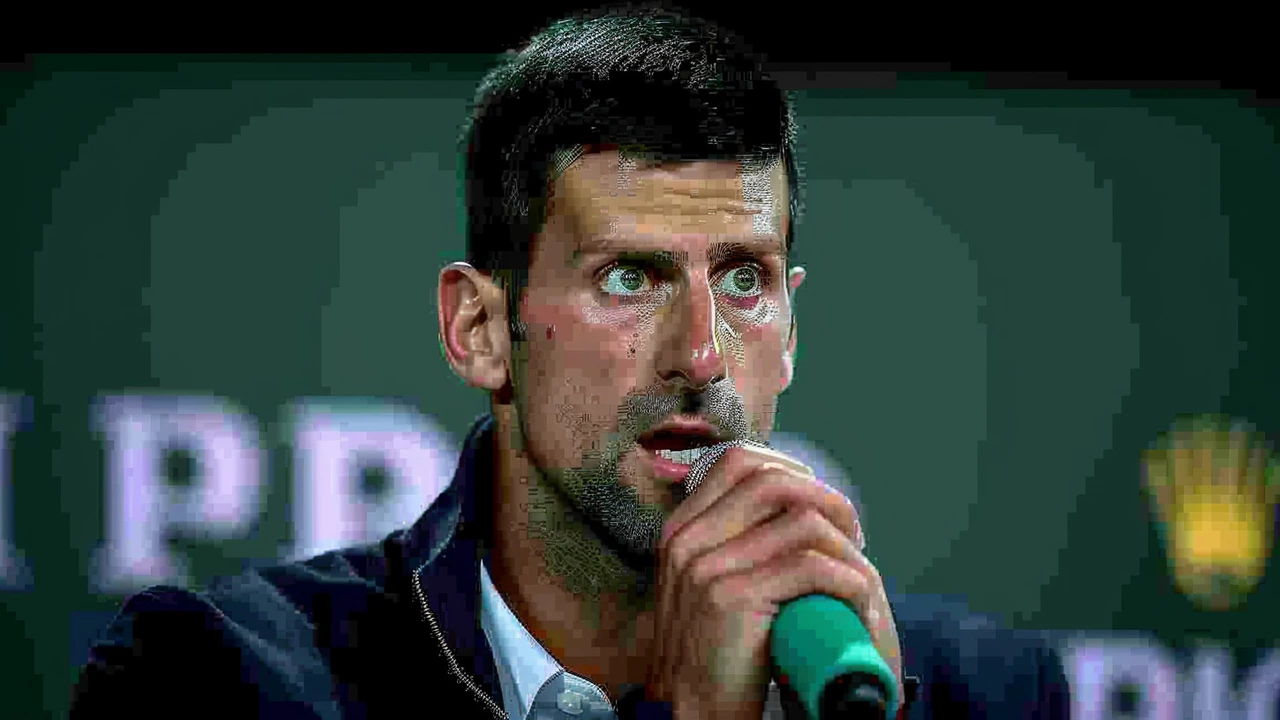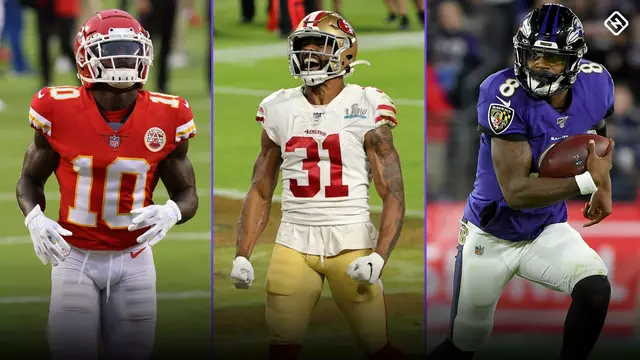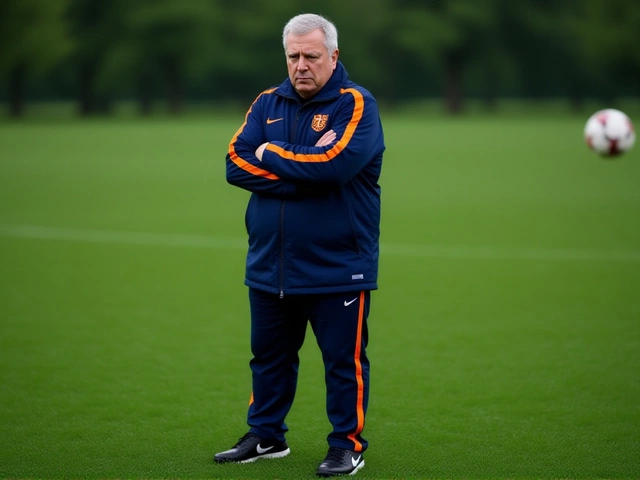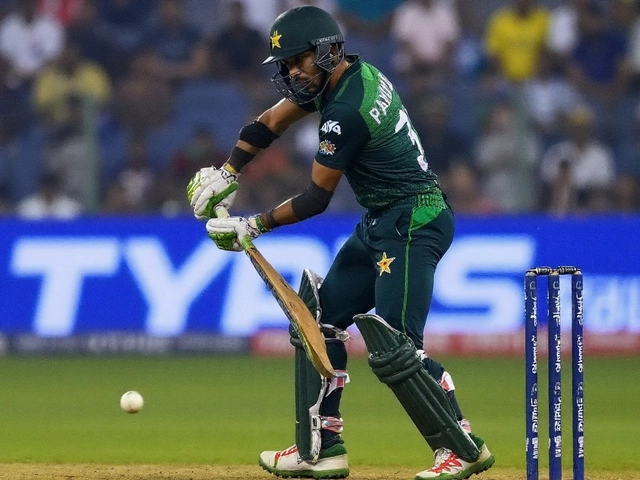Grand Slam Rugby Explained – The Six Nations Dream
Ever wondered why the term "Grand Slam" makes rugby fans jump out of their seats? It’s simple: a Grand Slam happens when a team wins every single match in a Six Nations tournament. No draws, no losses – just pure dominance over the other five nations. This tag page pulls together all the stories, stats, and chatter around that rare achievement.
Why does it matter? Because beating five strong sides in a row is tough. Each game brings a different style, weather, and crowd pressure. When a team pulls off a Grand Slam, it’s a statement that they’re the best in Europe for that year. That’s why headlines scream about it and why you’ll see countless debates on forums.
How a Grand Slam Is Won
First, you need to be in the Six Nations. The competition includes England, France, Ireland, Italy, Scotland, and Wales. Every year each nation plays the others once, alternating home and away venues. To claim a Grand Slam, a team must win all five of its games. There’s no room for a slip‑up, and no bonus points can rescue a loss.
Preparation matters a lot. Teams usually line up their strongest squads, fine‑tune set‑pieces, and study opponents’ tactics. Coaches stress consistency – a solid defense in one match can be the difference in the next. Fitness, discipline, and a bit of luck with injuries all play a part.
Big Moments That Shaped Grand Slam History
Over the years, a handful of teams have made the magic happen. England’s 2003 Grand Slam, powered by Jonny Wilkinson’s boot, still lives in memory. Ireland’s 2009 run was all about a relentless forward pack and creative backs. Wales stunned everyone in 2019, breaking a long drought with a perfect mix of skill and heart.
Every Grand Slam story adds to the lore. Fans remember the nail‑biting final matches, the celebrations on the streets, and the songs that pop up in pubs the next day. Those moments create a bond between the team and its supporters that lasts years.
When you browse the Grand Slam tag on Rugby World Central, you’ll find posts that dive into each historic run, breaking down key plays, player performances, and the atmosphere at famous venues like Twickenham, the Stade de France, and the Aviva Stadium. You’ll also see comparisons with other sports – for instance, how a Grand Slam in rugby stacks up against a Grand Slam in tennis or golf.
Besides the big wins, the tag covers the near‑misses. Those heartbreak games where a single mistake cost a team the perfect record get dissected, showing how razor‑thin the margin can be. It’s a reminder that every tackle, pass, and kick counts.
New fans often ask if a Grand Slam is harder than winning the Rugby World Cup. The short answer: they test different things. A Grand Slam proves consistency over a short period, while the World Cup demands peak performance across a longer tournament. Both are huge achievements, but the feel of winning every Six Nations game back‑to‑back is a unique thrill.
So, whether you’re a seasoned supporter or just getting into rugby, the Grand Slam tag is your go‑to spot for everything related to this coveted prize. From stats and match reports to fan stories and expert analysis, you’ll find it all here. Keep an eye on upcoming Six Nations fixtures – the next Grand Slam could be just around the corner, and you’ll want to be ready for the excitement.

Novak Djokovic Begins French Open Title Defense Amid Mixed Season and Renewed Confidence
Novak Djokovic launches his title defense at the French Open, fueled by his impressive Grand Slam history despite a challenging season. The world No 1 Serbian seeks his 25th major title and fourth Roland Garros win. Djokovic, facing various setbacks, will open against French wild card Pierre-Hugues Herbert.
May 29 2024




